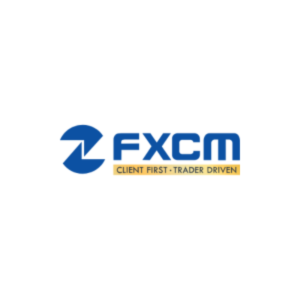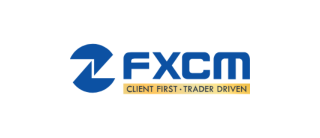In recent years, the forex market has grown exponentially, attracting both novice and experienced traders. However, as the market expands, so do the risks of fraudulent activities. One name that often comes up in discussions about forex fraud is FXCM. This article aims to delve into the experiences of those who have encountered issues with FXCM and shed light on the broader concerns surrounding forex fraud.
Understanding the Basics of Forex Trading
Before diving into specific concerns, it's important to understand what forex trading entails. The foreign exchange market allows participants to buy and sell currencies, aiming to profit from fluctuations in exchange rates. It operates 24 hours a day, making it highly accessible for traders worldwide. However, this accessibility also makes it vulnerable to various forms of fraud, ranging from misleading advertising to outright scams.
FXCM: A Prominent Name in the Industry
FXCM, or Forex Capital Markets, is a well-known brand in the forex industry. It offers trading platforms, educational resources, and tools designed to help traders navigate the complexities of the forex market. Despite its popularity, some users have reported dissatisfaction with their experiences, leading to questions about potential fraud. These reports have sparked discussions among traders about the reliability and integrity of forex brokers like FXCM.
Common Complaints and Allegations
Many traders have expressed concerns over hidden fees, unresponsive customer service, and unclear account policies. Some claim that FXCM failed to provide adequate transparency, which is crucial in an industry where trust is paramount. Additionally, allegations of misrepresentation regarding trading conditions have been brought forward, adding to the growing list of complaints against the company.
The Broader Context of Forex Fraud
It's essential to recognize that the issues surrounding FXCM are part of a larger conversation about forex fraud. Traders must remain vigilant and educate themselves on common fraud tactics, such as Ponzi schemes and fake trading platforms. Regulatory bodies play a critical role in combating these practices, but traders should also take proactive measures, such as verifying broker credentials and reading user reviews before engaging in any financial transactions.
Steps to Protect Yourself
To mitigate the risks associated with forex fraud, traders should adopt several protective strategies. First, thoroughly research potential brokers, checking for regulatory compliance and client testimonials. Second, use secure, reputable trading platforms to avoid falling victim to counterfeit software. Finally, maintain a healthy skepticism when presented with overly optimistic returns or promises of guaranteed profits.
Conclusion
While the forex market offers significant opportunities for profit, it also carries inherent risks, particularly concerning fraud. The experiences of traders with FXCM highlight the importance of due diligence and awareness in the forex community. By staying informed and cautious, traders can better protect themselves from potential pitfalls in the dynamic world of forex trading.















